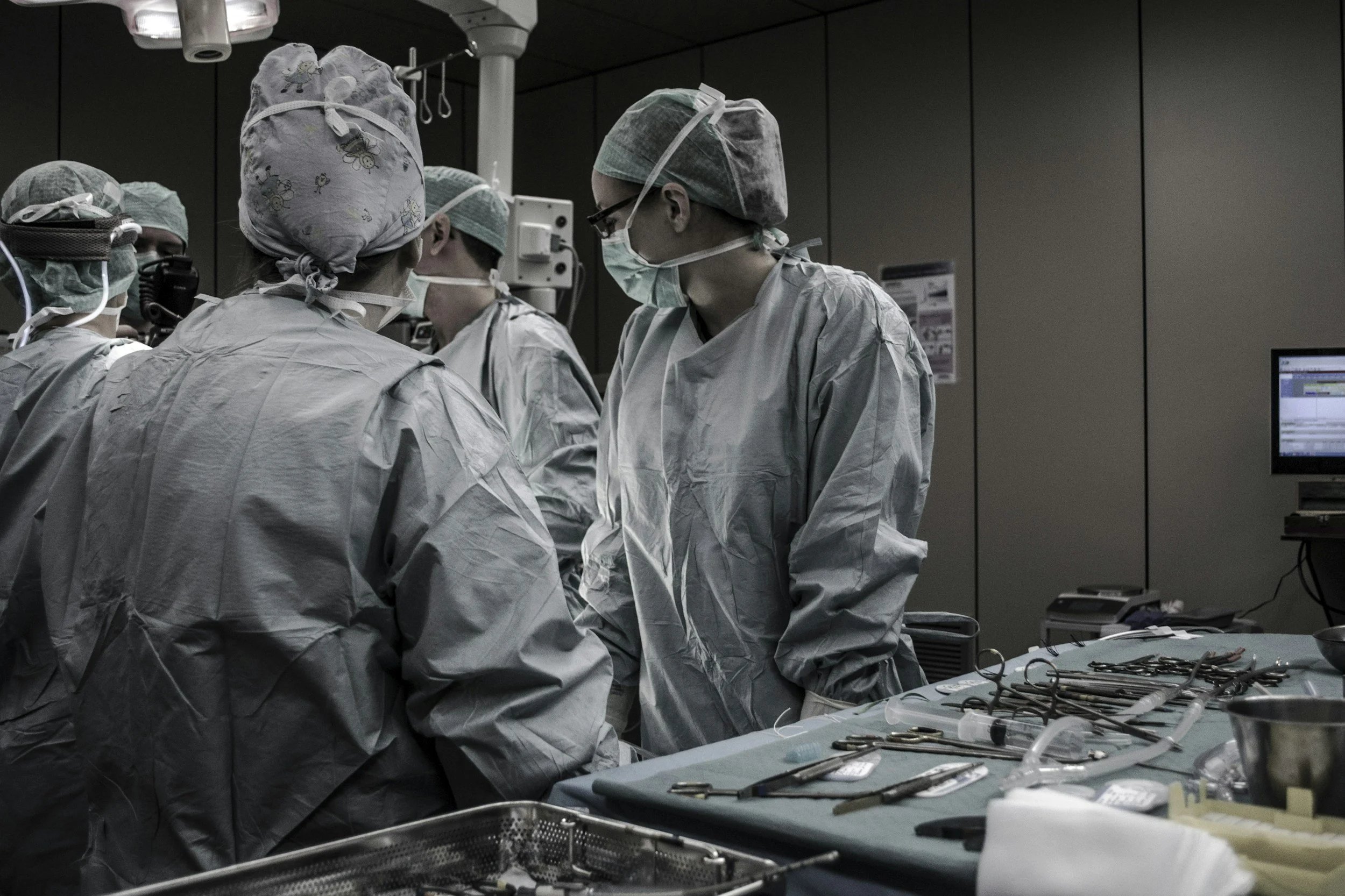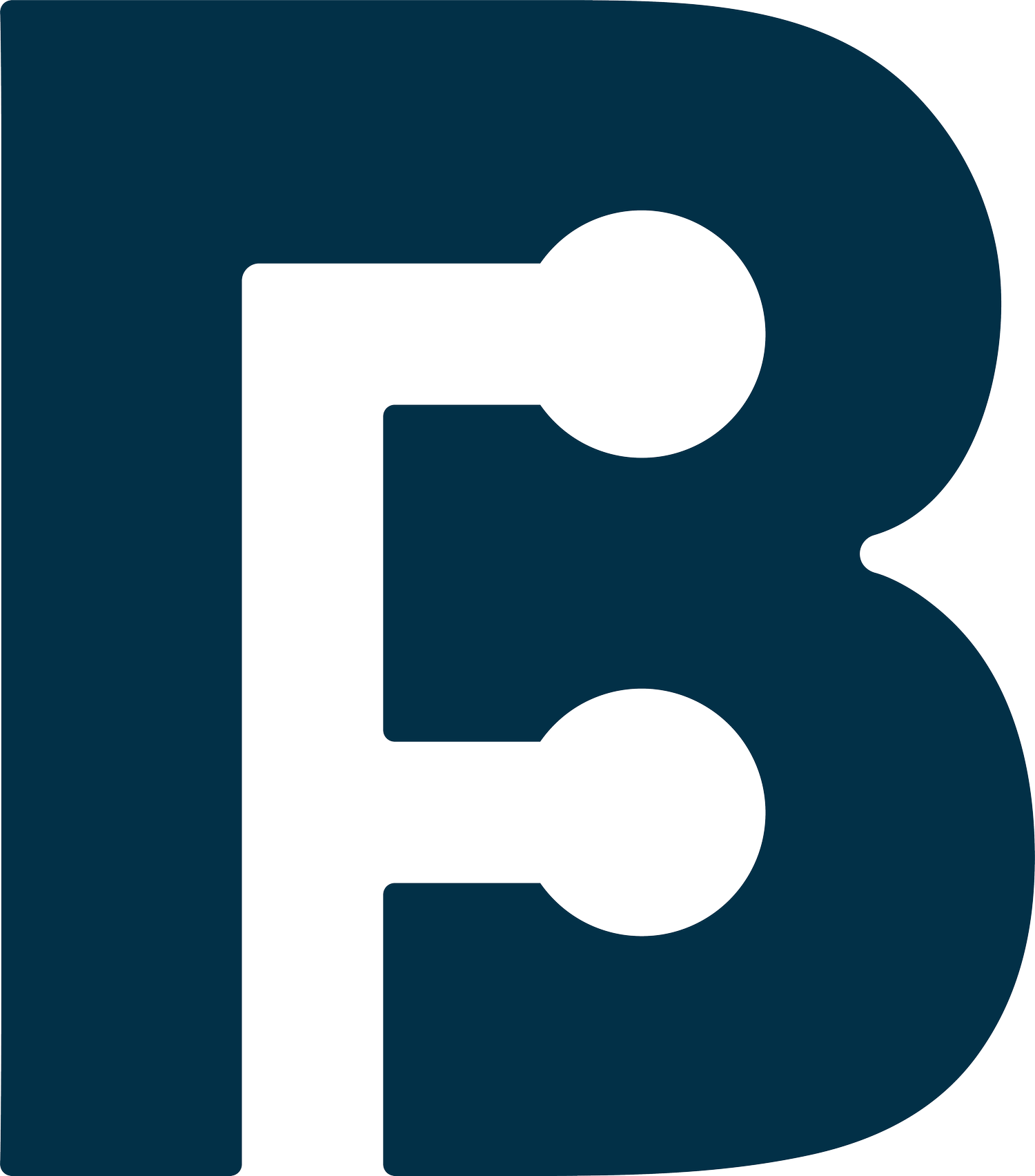
1.5 years of OpenClinTech
As 2024 comes to a close, I'm reflecting on the progress I've made in launching OpenClinTech back in July 2023. It was my personal initiative to create educational content at the intersection of healthcare and technology that was easily accessible (e.g. free) in hopes that we'll find more innovative solutions to our healthcare problems today. It was also a continuation of my 2022 goal during the LinkedIn Creator Accelerator Program to create the content that I wish I had when I was a student. To be honest, the momentum has been slower than I'd like as I've only barely scratched the surface of what I had hoped to achieve in my 2023 planning. Nonetheless, I'm still proud of my deliverables thus far and excited for the opportunity to continue learning, building, and connecting with my community.
In this blog, I'd like to share some of the things that are top of mind for me as I contemplate future content for OpenClinTech. If you haven't already, be sure to check out OpenClinTech (https://www.openclintech.com/learn) and my YouTube (https://www.youtube.com/@briankfung) for educational content about FHIR, artificial intelligence, informatics, and coding. It's all free :)

Using FHIR to Optimize Clinical Artificial Intelligence
I have to admit, I have a lot of #FOMO with the ubiquitous hype of artificial intelligence (AI). Especially its use in healthcare. It's exciting to see the variety of applications explored, notably those from large language model (LLM)-based, foundation models, like ambient scribes and semantic search, but I'm most intrigued with clinical reasoning. I'm also extremely skeptical of deploying them into production use cases in our healthcare systems from a safety and efficacy perspective.
Because of this, I've actually embarked on a bit of a side quest in 2024 to focus my efforts in diving deeper into Fast Healthcare Interoperability Resources (FHIR) because I think that it allows us to aggregate higher quality data from disparate systems that can be used to create benchmark datasets for improving these foundation models.
In this article, I want to explore a few thoughts I have about training, evaluating, and deploying clinical AI, with a focus on clinical reasoning, into production systems. For the purposes of this article, I use LLMs, foundation models, and clinical AI interchangeably with clinical AI focusing on the reasoning application.

Building Healthcare Software as a Pharmacist
I watched a TED Conferences in 2013 when I was a PGY-1 Pharmacy Resident at Sarasota Memorial Health Care System about how innovation typically happens at the intersection of very different things. Some may refer to this idea as "hashtag#orthogonal thinking". Nevertheless, it's always been on the back of my mind over the years as I've continually found benefit in learning about things outside of my general sphere of hashtag#pharmacy.
Given that I've been diving deeper into the hashtag#technical weeds of hashtag#software development, I wanted to share a bit of my experience thus far on how it has been going. In case you didn't want to read the article, the tl;dr is simply: I absolutely love applying my domain expertise in building hashtag#healthcare software.
#healthcareonlinkedin #clinicianengineer

Path of The Clinician Engineer
I've spent the vast majority of my career training to become a pharmacist, and subsequently, an informaticist. However, in the last 6 years - especially the last 2 - my curiosities have led me down very different, technical paths that bridge the healthcare and technology industries. During this time, I've also struggled to put into words what exactly I was training to become, but also, what I wish I would have done differently knowing what I know now.
In this article, I'd like to very briefly explore my current, and very rudimentary, ideation of what I'd like OpenClinTech to become: the central hub for training clinicians that want to be at the forefront of developing technology solutions that solve complex healthcare problems. The Clinician Engineer.

Empowering Clinicians with Technology to Solve Healthcare Problems
Less than 2 weeks ago, on June 14, 2023, I graduated from the Stanford University School of Medicine's Biomedical Informatics Graduate Program on and also dropped CS103: Mathematical Foundations of Computing. The latter, as I had mentioned in my last article, would have been my first formal entry into the computer science (#CS) track and the first year of four (2023 - 2027) if I continued with my MS in CS plan I had previously shared in this Google spreadsheet.
Well, I guess that's life.
I imagine quite a few may have already predicted this as I've been quite burnt out trying to juggle everything. Nonetheless, I'm much more excited about what I'm hoping to share in this article which will, hopefully, be a long-term, if not lifelong, commitment towards my future goals: building OpenClinTech.
#healthtech #openclintech #clinicians #healthcare

6 Weeks Until I Graduate Stanford's Biomedical Informatics Graduate Certificate
It feels like forever since I started my first class, BIOMEDIN260 - Data Science for Medicine, less than a year ago in September 2022. They say time flies when you're having fun, but that's also true when you're extremely busy. As I near the completion of Stanford University School of Medicine's Biomedical Informatics (#BMI) Graduate Certificate in 6 weeks and begin my journey through Stanford University School of Engineering's Computer Science (#CS) courses, I wanted to take some time to reflect on my experience thus far.
#healthcareonlinkedin #biomedicalinformatics #computerscience #healthcare #datascience

DIGITAL DISRUPTION IN HEALTHCARE: INSIGHTS FROM A CLINICIAN IN A TECHNOLOGY COMPANY
An insightful article in NEJM Catalyst was published on March 1, 2023, by Karen DeSalvo, Chief Health Officer at Google, and Michael Howell, Chief Clinical Officer at Google. Having spent the last 10+ years as an pharmacist and clinician at multiple health systems (e.g. Mayo Clinic, University of Utah Health, Sarasota Memorial Health Care System), the article made me spend some time today to reflect on my own foray into a technology company just 10 months ago. In short, I am grateful for the path that Karen and Michael undoubtedly paved for other clinicians to venture into this industry.
In this article, I'd like to share my own experience as a health data architect/clinician at Verily, an Alphabet Inc. company and how it relates to the 6 lessons laid out by Karen and Michael. You can read the full #NEJM article here.

WHAT I WANT TO BE WHEN I GROW UP…STILL
I spent the last 2 months engaged in conversation with an assortment of individuals about what I want to be when I grow up. Yes, I'm still trying to figure that out. In fact, I don't think I ever really settled into a career as of yet that made me go, "Wow, I want to do this for the rest of my life".
The thing that fascinates me the most though is that I'm not alone. There are so many individuals out there wondering the same thing. Aside from exploring my own interests, I spent a great deal of time conversing with others, often strangers, on what paths they should take as well. It seemed as though the article I wrote about Data Science resonated with many of you who are in careers at the intersection of healthcare and technology.
In this month's article, I wanted to reflect on some of the conversations I've had over the last 2 months, but also share with you some of my next steps.

